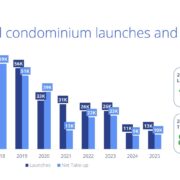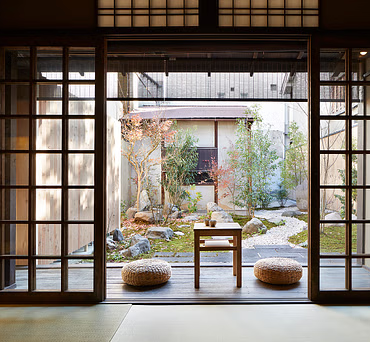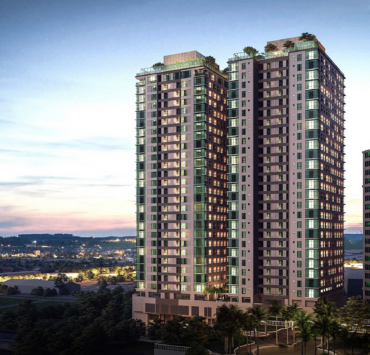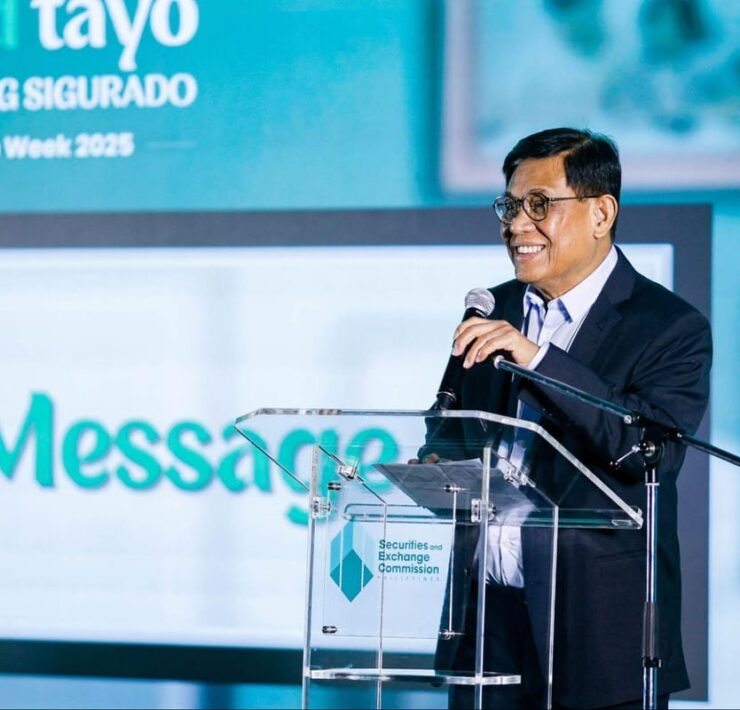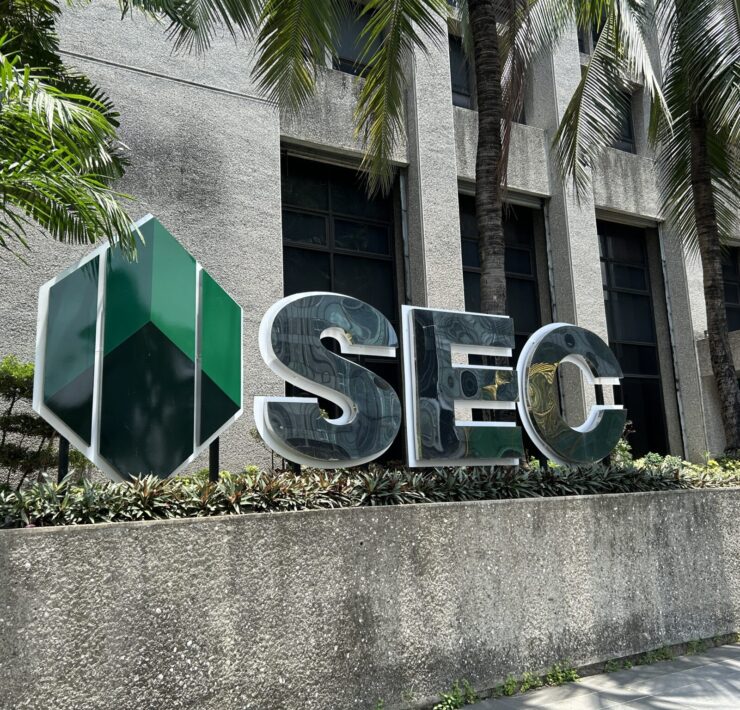The legacy of sustainable and quality living
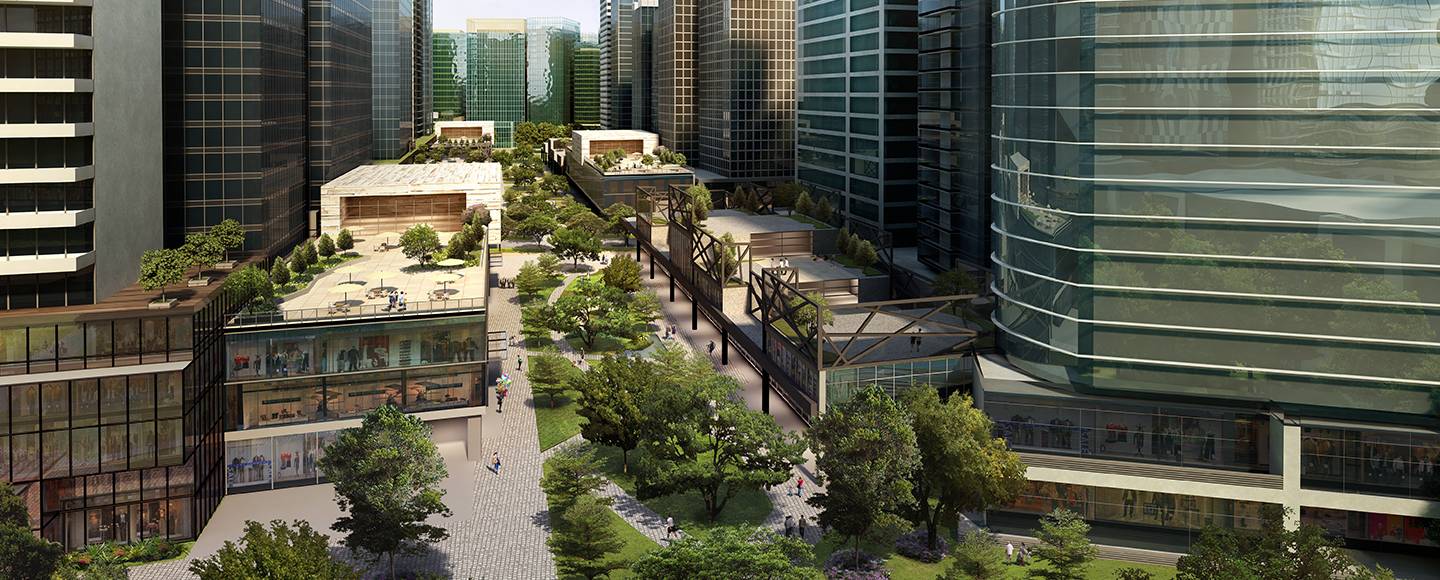
Thirty-six years ago, a pioneering company made the bold move to chart its own course in the highly competitive Philippine real estate market.
Thirty-six years later, the same company has become synonymous with sustainability, mixed-use estates, and high quality homes, frequently coming to mind whenever these concepts are mentioned. Having stayed true to its vision and principles, it has since been known to offer “sustainable living.”
Today, let us trace back the origins of one of the country’s most famous developers, exploring how it came to be a well-respected and beloved brand. From Makati to Davao, this property giant has become an infallible champion of sustainability and exceptional design.
With 36 years under its belt (and counting), Ayala Land Inc. (ALI) continues to soar with an unrivaled legacy in the Philippine real estate scene. What makes it such a success story?
Humble beginnings
Though the company was officially formed in 1988, the Ayala Group had already started developing lands since the 19th century.
Don Jose Bonifacio Roxas, an ancestry of the Zobel de Ayala family, bought the Hacienda San Pedro de Macati way back in 1851. A swampland situated near the Pasig River, the land traces its name to the word “kati” which translates to “low tides” of the river. Upon acquiring this portion of land, Roxas began to gradually develop the area into a site of wealthy homes and thriving businesses.
By 1930, the first international airport of the country–Nielson Field– was opened in the area. By 1948, when the airport closed down, real estate prices were already rising in the area and a new central business district (CBD) was born in the wake of World War II.
Through the combined efforts of the Ayala Group and the local government, multiple gated communities and commercial areas sprung forth in the vicinity. The subdivisions of Urdaneta, San Lorenzo, San Antonio and Bel-Air were created in the 1950s, while the runway of the former airport was converted into a highway which is now known as Ayala Avenue.
The creation of the Manila Stock Exchange and other business-related structures in the area further propelled the area’s popularity with various enterprises.
Over time, Makati City rose to become the country’s financial capital, home to many local and international businesses that serve as the backbone of the country’s economy.
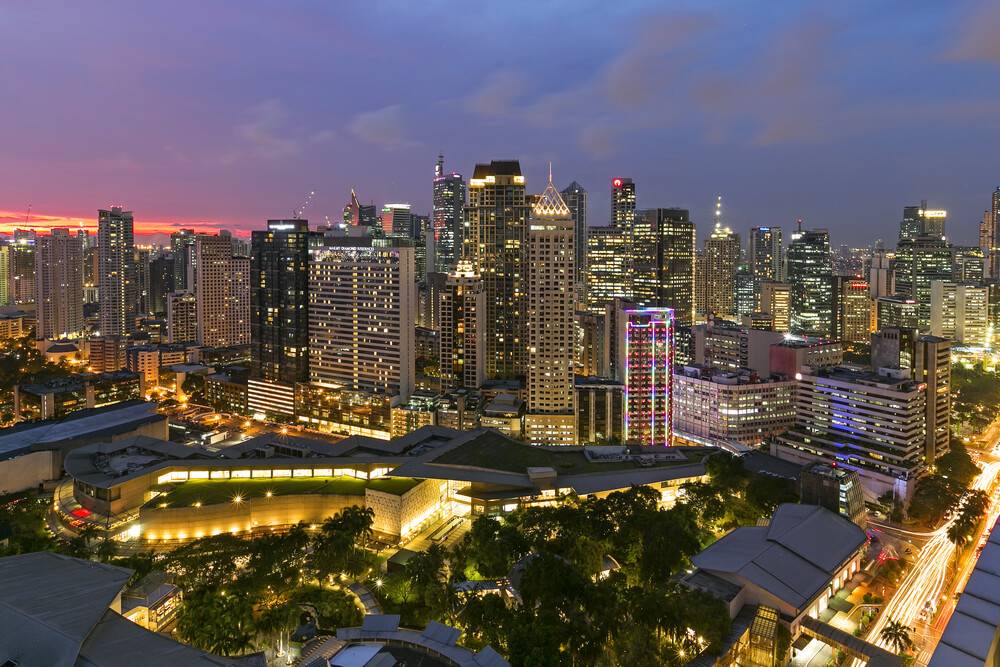
Visionary goals
Inspired by its success with Makati City, ALI decided to venture beyond its comfort zone to start developing real estate for the Filipino masses.
In 1988, the company was officially established. Two years later, it was publicly listed in both the Manila and Makati Stock Exchanges.
By then, it had already commenced work on residential properties such as Sta. Rosa Village and San Jose Village and commercial projects such as Alabang Town Center, Greenbelt, and Glorietta in Ayala Center, Makati. It also had the beginnings of its first business estate in Visayas, the Cebu Business Park, which was officially launched in 1989.
Gradually, the company became a major force in residential, commercial and business real estate with its consistent design principles. Guided by its vision to “enhance land and enrich lives of more Filipinos,” ALI focuses on developing projects which are integrated and sustainable in the long-run.
It focuses on creating masterplanned, mixed-use communities that stir growth in various locations all over the country. Besides its initial venture in Makati City, its other successful projects worthy of mention are Bonifacio Global City, Nuvali, and Cebu Park District.

Universal accessibility
The way the masses have embraced the creations of ALI is nothing short of astounding.
While many companies have sought to create masterplanned communities and commercial projects for Filipinos, ALI-led projects have almost always observed great demand.
Perhaps the reason for its success is its keen attention to details. By providing features such as universally accessible elements and pet-friendly provisions, ALI developments make people (and pets!) always welcome.
In addition, the company has been known to incorporate lush vegetation, green features, and quality finishes in its projects.
By investing in the works of ALI, people know that they are investing in something that is consistent in quality, sustainability and design. These, and the company’s continued support of well-meaning projects outside its business, are perhaps why Filipinos support and love ALI throughout its existence.
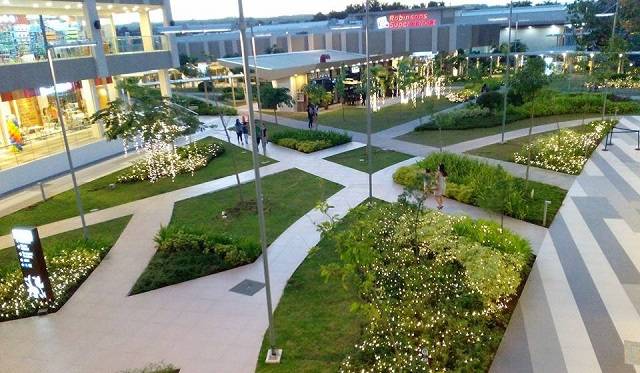
Holistic developments
Today, ALI remains strong and committed to its values. Projects such as Nuvali, Greenbelt Makati and the Cebu Park District continue to draw visitors, guests and new homeowners as the “Ayala lifestyle” has become the ultimate symbol of success among Filipinos.
Beyond these established estates, however, ALI has also helped transform communities in developing areas such as Vermosa in Cavite, Capitol Central in Bacolod and Centrio in Cagayan de Oro. ALI thus plays a significant role in uplifting lifestyles, creating environments and improving homes across the country.
Only time can tell what the future holds for the company, but many are cheering on ALI’s continued success as their growth also propels the development of our nation as a whole.
Sources: https://www.ayalaland.com.ph; https://www.spot.ph; https://www.nuvali.ph; https://api.ayalamalls.com
A Filipino architect who has a Master's Degree in Interior Design of Commercial Spaces from IED Barcelona, Spain and with twelve years' worth of experience under the tutelage of Filipino architectural firms.













